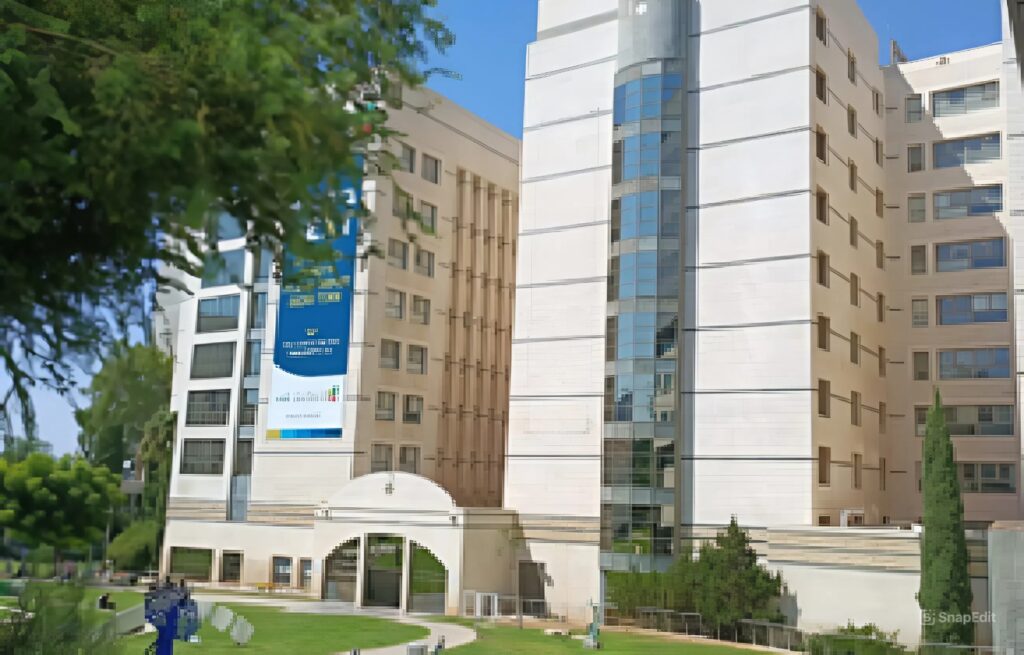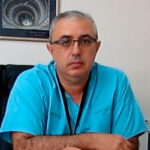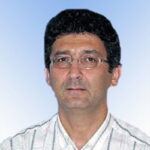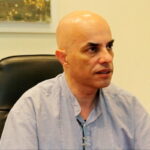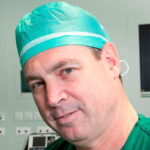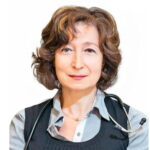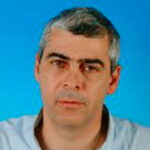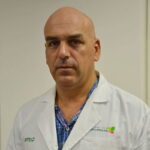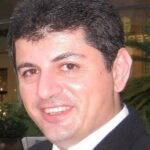 Medical Center “Rabin”
Medical Center “Rabin”
About the clinic
Rabin Medical Center was one of the first in Israel to receive JCI accreditation.
Leader in kidney, lung, heart, liver, and pancreas transplantation.
The only facility in Israel performing lung transplants.
Rabin Medical Center is a leading medical institution in Israel. The center was established in 1996 by merging Beilinson and Hasharon hospitals. Currently, the staff includes over 4,500 specialists who assist more than 1,000,000 patients annually.
The center conducts active research, with physicians regularly participating in national and international congresses and publishing over 250 scientific papers in medical journals.
In the transplantation department of Rabin Medical Center, 70% of such surgeries in Israel are performed annually (approximately 150 patients per year). The center is particularly recognized for kidney, lung, heart, liver, and pancreas transplants, including multi-organ transplantation programs. About 95% of abdominal organ transplants are performed in children.
At the Davidoff Cancer Center, more than 20% of oncology patients in the country receive treatment. It is divided into: the oncology department, hematology department, bone marrow transplantation, outpatient clinics, day hospital, institute of radiation therapy, and integrative medicine.
In the radiotherapy department, various radiotherapy techniques are used, such as IGRT (with visual control — for targeted irradiation of moving malignant neoplasms, for example, in the lungs, which shift during breathing). As well as SBRT (stereotactic) for the treatment of cancer and solitary metastases in the lungs, secondary brain tumors, spine, and others. The IMRT technique (with modulated intensity) allows the intensity of radiation to be changed during the session, so the malignant neoplasm can be subjected to destructive effects while maintaining a low risk of damage to healthy nearby tissues.
The cardiothoracic surgery department is currently the largest in Israel. Life-saving procedures are performed here, such as artificial heart implantation, extracorporeal membrane oxygenation (ECMO), restoring the function of vital organs in critically ill patients, and robot-assisted surgeries. The cardiology department is unique in that it includes a women’s heart clinic, where women are observed during pre- and menopause, as well as during pregnancy and afterward in cases of increased cardiovascular risk. The department employs cardiologists, dietitians, and psychologists, providing a comprehensive medical approach to therapy. Additionally, the department includes a cardio-oncology clinic and a congenital heart defects unit for adults.
The Helen Schneider Hospital for Women is a leader in infertility treatment. About 10,000 births occur here annually. The hospital has specialized services for managing high-risk pregnancies, treating gynecological and oncogynecological diseases. The full range of medical care is provided under one roof.
The Raphael Recanati Genetic Institute is engaged in the diagnosis of genetic diseases, which can prevent the birth of a child with congenital abnormalities or determine a patient’s predisposition to various diseases, for example, in oncology. Based on the conducted studies, a patient’s genetic map is created, according to which an individual treatment program can be developed.
Doctors
Clinic referrals
- Autoimmune Diseases
- Cardiology, cardiac surgery
- Dentistry
- Dermatology
- Endocrinology
- Examinations and Check-up
- Гастроэнтерология
- Гинекология и маммология
- Neurology
- Neurosurgery
- Obstetrics
- Онкология
- Офтальмология
- Organ transplantation
- Orthopedics and traumatology
- Пластическая хирургия
- Pulmonology
- Rehabilitation
- Репродуктология
- Урология
